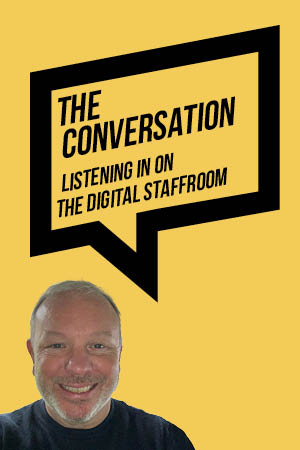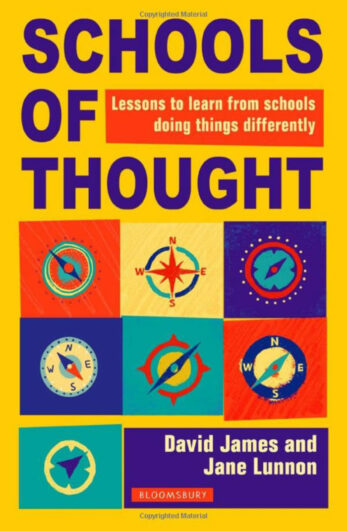There can’t be many maths teachers in the land who have not heard of Craig Barton, either through his resources or the hugely popular Mr Barton’s Maths podcast.
If you have been part of the mastery initiative, lots of the ideas won’t be new, similarly if you generally keep up to date with the latest maths educational research. However, it is the plentiful examples and practical nature of this book which makes it so appealing – essential reading for both novice and experienced teachers.
When you find yourself talking to strangers on holiday about a maths education book and their eyes don’t glaze over, it’s a clear indicator that it might be a page-turner!
Barton has no agenda other than trying to improve his own teaching. This book is him sharing, in an accessible and immensely readable style, the changes he has made to his teaching and why.
I appreciated the consistent structure throughout, which follows the format of “what I used to do”, “sources of inspiration”, “my takeaways” and “what I do now”.
Busy teachers will also be grateful for the summary at the end of each chapter
Busy teachers will also be grateful for the summary at the end of each chapter, which Barton calls “if I only remember three things”.
“What I used to do” and “what I do now” are self-explanatory.
I am a stickler for research and evidenced-based teaching, so I loved the “sources of inspiration” where Barton lists all the research articles and books that have inspired the changes he has made. As I read this book, my wishlist of other books expanded exponentially.
If you are expecting this book to be a critique of the literature, you will be disappointed – but it does not profess to be that. “My takeaways” is feasibly the most interesting section. Here, Barton reflects on the research and interprets it in a classroom context with lots of practical examples.
What made this book so different from others I have read is the fact Barton is still a classroom teacher.
I could be reading a section and think “where does he get the questions for his low-stakes quizzes from?”, then turn over a page and almost immediately find the answer.
Similarly, I have found this with his podcasts; I would think of a question I wanted to ask the guest and almost by telepathy Barton asks the very same question himself! This is in stark contrast to some books and articles written by educational academics who are no longer in the classroom.
The influence of Barton’s interview of Doug Lemov (his podcast in November 2017) is obvious throughout the book.
During this interview, Lemov describes his approach to delivering CPD sessions – “see it, name it, do it”. Barton follows the same mantra, trying to give his strategies memorable names, for example: “the goal-free effect”, “silent teacher”, “example-problem pairs”, “supercharged worked examples” and so on.
This is useful as you read the book because it helps you remember previous sections.
A word of warning: my love of this book could be influenced by the fact that our career paths are similar, from our roles to our change of teaching philosophy. Just as Barton cringes at the memory of dressing up as Pythagoras, I cringe at the memory of dressing up as Euclid.
One of the key messages in the book is that “students remember what they think about” and looking back, dressing up as an ancient Greek mathematician certainly won’t help pupils remember the fundamentals of Euclidean geometry!
So, in true Mr Barton style, if you only remember three things:
1. This book is essential reading for maths teachers at any career stage.
2. This book is broken down into very practical and useable sections.
3. This book is so readable that it continues to answer your own questions as they inevitably arise.








Your thoughts